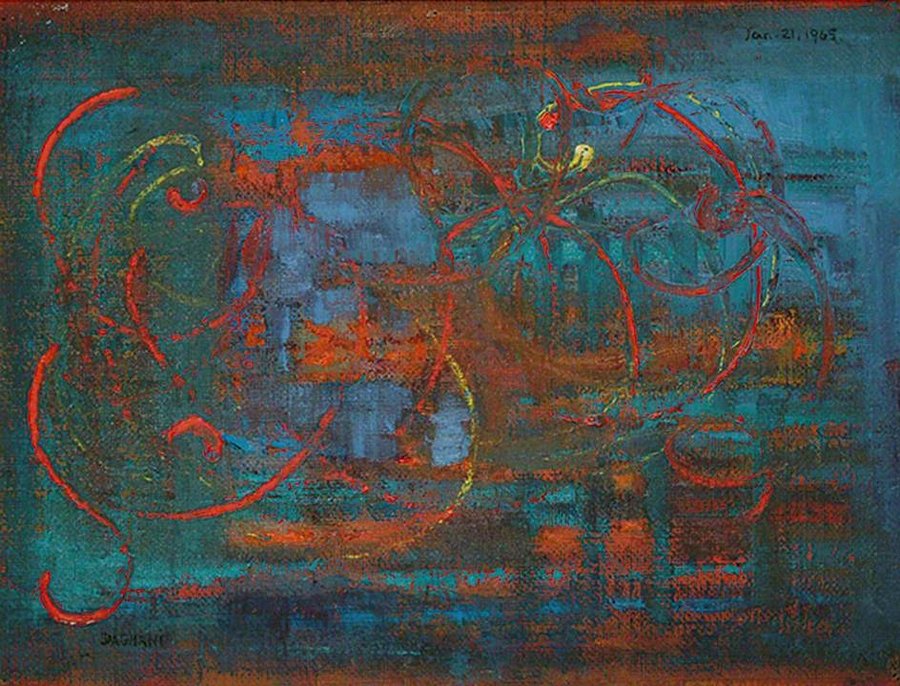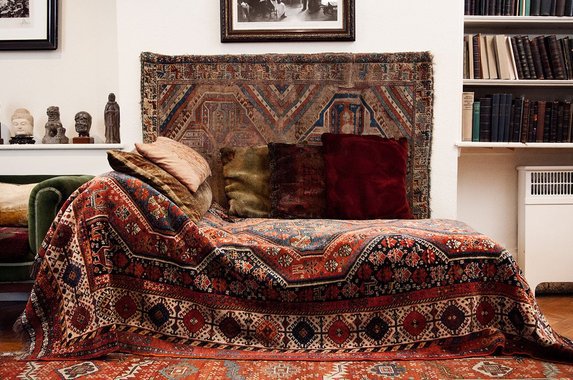Please note that this event will take place at:
Residence of the Austrian Ambassador,
18 Belgrave Square, London SW1X 8PX
The Austrian Embassy invites you to the first event in the Hella Pick Lecture series in cooperation with the Sussex Weidenfeld Institute of Jewish Studies.
This panel discussion will delve into the broader significance of journalism, particularly for women journalists in the aftermath of the Holocaust and beyond.
During this transformative period, journalism experienced notable changes and confronted distinctive obstacles. The discussion will explore how journalism was shaped by the imperative to bear witness, pursue justice, and attempt to prevent future atrocity. Journalists played a crucial role in documenting history, unveiling truth and advocating for human rights, ultimately fostering a collective understanding of the Holocaust and its profound impact on the world.
Hella Pick was born in Vienna, into a middle-class Jewish family. Following Germany's annexation of Austria in 1938, and a visit from the Gestapo, Hella’s mother managed to get her on a Kindertransport to Britain in March 1939. Her mother obtained a visa and joined her three months later.
She studied at the London School of Economics, and in 1960, she became the UN correspondent of The Guardian newspaper, where she worked under its chief US correspondent Alistair Cooke and went on to spend more than 30 years reporting on foreign affairs for the Guardian. Hella is a long-standing member of the Advisory Board of the Centre for German-Jewish Studies/Weidenfeld Institute based at the University of Sussex. Along with Lord George Weidenfeld she was instrumental in enabling Sussex to set up a Chair in Modern Israel Studies in 2013. She also secured support from the German and the Austrian governments to help the University establish the Weidenfeld Institute of Jewish Studies.
Hella has been awarded honours by the UK, Austria and Germany. In 1988 she received the Goldenes Ehrenzeichen der Republik Oesterreich. She received an Honorary Doctorate from Sussex in 2018 in recognition of her outstanding contribution to the University.
In the year 2000 she received a CBE and was also awarded the Grosses Verdienstkreuz des Verdienstorden der Republik Deutschland. The Guardian News & Media Archive contains an oral history of her time on the paper in the 1960s and 1970s and Hella’s memoir, Invisible Walls, an account of her life and career in journalism, was published by Weidenfeld & Nicolson in 2021. Hella was the Arts and Culture Programme Director at the Institute for Strategic Dialogue, an independent think-tank based in London and continues as its Senior Advisor. She has dual British and Austrian citizenship and regularly visits Austria, her ‘home away from home.’
The Sussex Weidenfeld Institute of Jewish Studies, launched in 2019, is an interdisciplinary research hub that places the Jewish experience in a broader context. Aimed to act as an agent of change, their work is focussed on the present and making past experiences relevant in a world increasingly divided by disinformation and prejudice.
The Institute is home to the Centre for German-Jewish Studies, which for over two decades has been at the forefront of academic enquiry into the history, culture and thought of Jewish refugees from German-speaking lands. The Institute also works with Digital Holocaust Memory and Education Projects and sponsors prestigious Fellowship programmes.
Daniel Franklin has been executive editor of The Economist since 2006 and is currently helping to lead the newspaper’s US coverage. From 2003 to 2019 he was editor of The Economist’s annual publication on the year ahead. Daniel published ‘Megatech: Technology in 2050’ in 2017 and his book on long-term trends, ‘Megachange: The World in 2050’, was published in 2012. He joined The Economist in 1983 to write about Soviet and East European affairs. He has been the newspaper’s Europe editor (1986 – 1992), Britain editor (1993) and Washington bureau chief, covering the first Clinton term. In 1997 he moved back to London as editorial director of the Economist Intelligence Unit. From 2006 to 2010 he was editor-in-chief of Economist.com. For the following four years he was business affairs editor. Before the pandemic he was diplomatic editor, shuttling between Washington and London. Daniel also chairs The Economist Educational Foundation, a charity enabling children to join inspiring discussions about the news.
Suzanne Franks joined BBC TV as a trainee and worked for many years in Television Current Affairs, producing programmes such as Newsnight, Watchdog, The Money Programme and Panorama. As a Senior Producer she edited election programmes, budget coverage and live special programmes such as the party conferences. She left the corporation to found an independent production company and won the first external contract to televise the UK Parliament. The company was later sold and Suzanne gained a PhD and moved into the world of academia.
Suzanne was appointed to a chair in Journalism at City University London in 2012, and between 2016 and 2019 she was head of the City Journalism department. She was the Principal Investigator in an EU Horizon 2020 consortium on improving the reporting of science and leads a research project on female expertise in news broadcasting.
Suzanne still broadcasts occasionally and has published widely on topics including gender and media, the history of the broadcasting and the reporting of international news.
Katja Hoyer is a German-British historian, journalist and the author of the Sunday Times Bestseller Beyond the Wall, East Germany 1949-1990. A visiting Research Fellow at King's College London and a Fellow of the Royal Historical Society, she is a columnist for the Washington Post and hosts the podcast: The New Germany together with Oliver Moody. In the UK, her articles have appeared in publications such as The Times, The Telegraph and The Financial Times. She is a regular contributing writer for The Spectator and UnHerd. Katja's debut book Blood and Iron was published in 2021 to wide acclaim, and she has her own Substack publication named Zeitgeist. Katja was born in Germany and is now based in the UK.
Katinka Nowotny spent her youth in Cairo, New York and Vienna. She studied economics and sociology at the University of Vienna and received a master's degree in journalism from New York University. During her professional career, she has regularly reported from crisis zones in places including North Korea, Sarajevo, Ground Zero and the Ukraine.
She is managing editor of the weekly business and finance television show ‘ECO’ at the Austrian Television where she manages a team of eight reporters.
She has worked for more than three decades for the Austrian Broadcasting Corporation ORF; reporting and producing documentaries for the foreign news magazine, domestic news and the economics department. For almost 20 years she made English-language reports on Austria for the international CNN show ‘World View’. She has received numerous prizes and awards in Austria and abroad.
Katrin Steffen joined the University of Sussex in 2020 as DAAD Professor of European and Jewish History and Culture and teaches on the Holocaust, Europe's twentieth century and the global movements for reparations and restitution. After briefly studying journalism and working for eight years as a district counsellor in Berlin, she decided to focus on history and worked as a Research Fellow at the German Historical Institute in Warsaw, the Nordost-Institute at the University of Hamburg and was a Visiting Professor at the École des Hautes Études en Sciences Sociales in Paris. In her work, she investigates the history of European Jews and has frequently dealt with the consequences of World War Two and the Holocaust for societies in Western and Eastern Europe; how the remembrance of the Holocaust emerged and how it was, and is addressed by journalists, politicians and in family narratives. She also deals with topics of gender and sexuality in Western and Eastern Europe since 1945. She currently edits a volume on the encounters of German and Polish speaking Jews throughout the centuries and on early Holocaust documentation in Britain and Germany.

